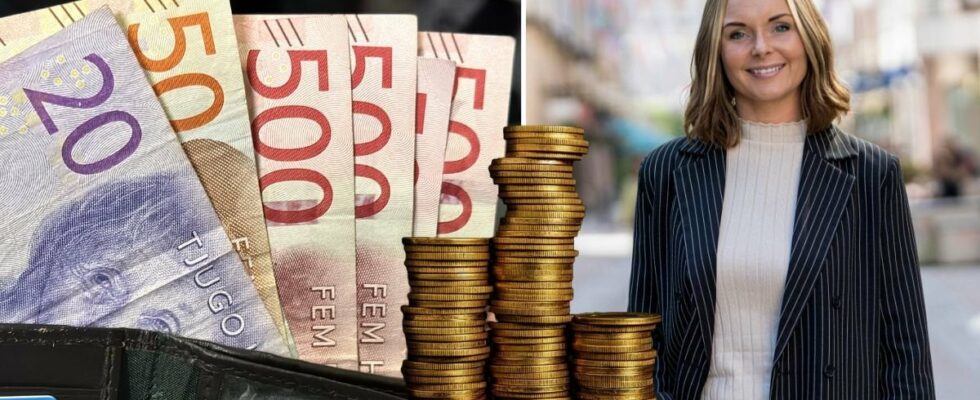Investing your savings is not the easiest. There are many different accounts and investments where the money can grow, with varying risk and growth potential.
One of the most common forms of savings in Sweden is mutual fund savings. According to Rebecca Janssonfund economist at the Association of Fund Companies, Swedes are actually the best in the world at saving money in funds.
“Seven out of ten Swedes save privately in funds, and if you include the premium pension, we are actually all fund savers. We Swedes are thus the world’s best fund savers!”, she writes in an email to News24.
Photo: Janerik Henriksson/TT
DON’T MISS: This is how much Swedish pensioners save in funds every month
This is how you should set up your fund savings
There are many different fund types you can invest in. How should you actually set up your fund savings? Rebecca Jansson gives her advice.
“A broad global fund provides a good spread of risk as it invests in several of the world’s stock markets. Then you can add a Sweden fund, and an industry fund, such as IT or healthcare, or a fund that invests in a niche market such as emerging markets”.
Rebecca Jansson. Photo: Karl Gabor / Fondsbolagens Förening
READ MORE: This is how much money you will have in the account when you die
That’s how much you should have in buffer
However, having all your money in mutual funds is not a good idea. The top priority should initially be to set up a buffer in a savings account to cover unexpected expenses.
Nyheter24 has previously reported on how much money you should have in your buffer depending on your housing situation:
READ MORE: This is how much money you should have in the savings account
Photo: Created by AI tool Midjourney”A brilliant alternative”
Rebecca Jansson gives a similar answer.
“The most important thing is to first of all have a buffer, in a savings account for unforeseen expenses, 1-3 months’ salary,” she explains and continues:
“And when you have it and are saving for a longer-term goal, for example for a house/apartment, the pension or a “freedom capital”, then funds are a brilliant alternative! Funds suit everyone because they have a naturally good spread of risk, for example must an ordinary stock fund contains at least 16 different stocks and usually contains many more than that.”
Shares are generally a riskier alternative as they do not spread the risks in the same way as mutual funds. Rebecca Jansson believes that it is mainly those who have an interest in saving who should have money in shares.
DON’T MISS: That’s how much money Swedes have in their bank accounts
